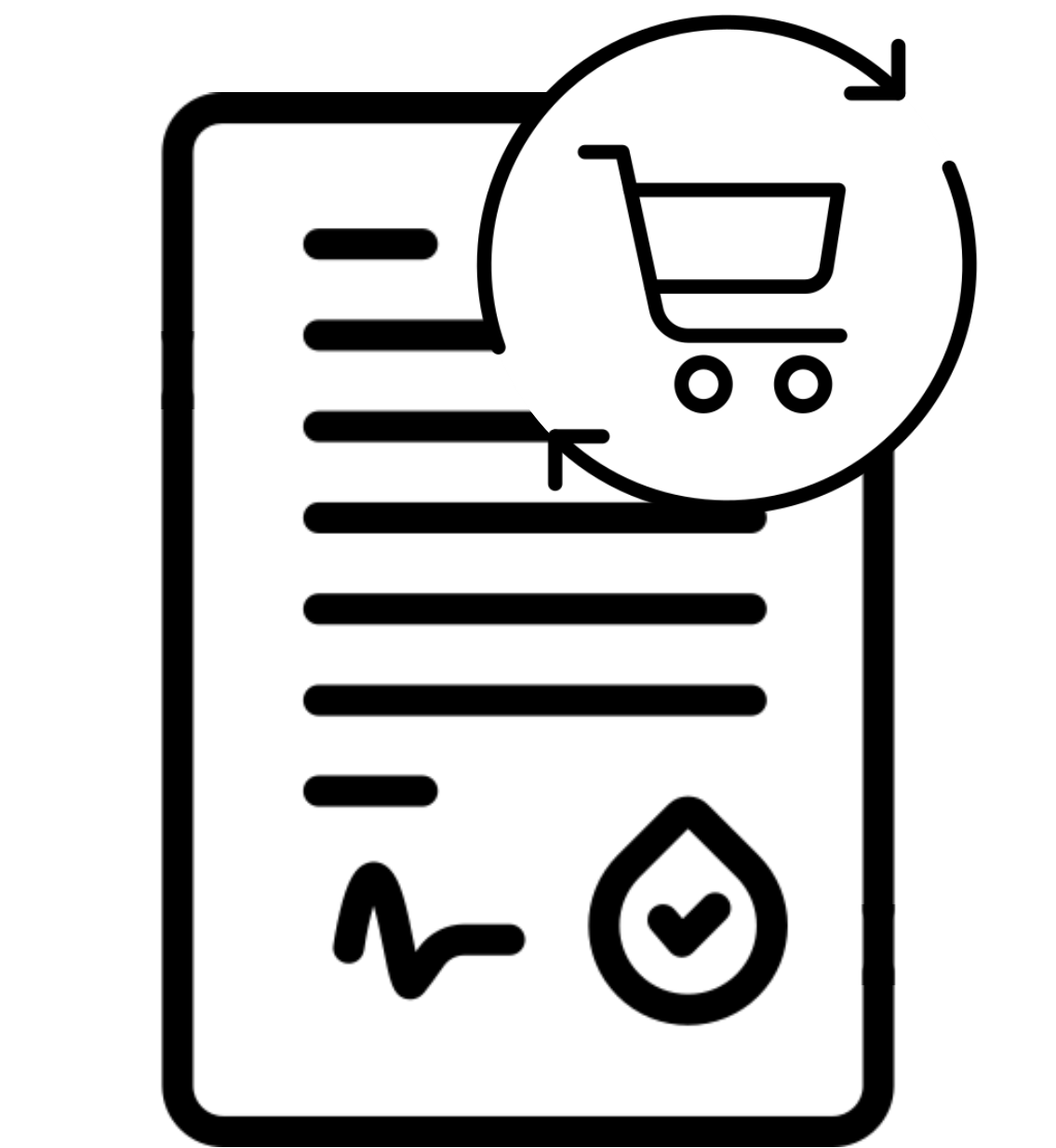
What should I keep in mind when purchasing travel insurance?
What should I keep in mind when purchasing travel insurance?
- The purpose for which you are travelling. Are you going on holiday or is it a business trip? Does your holiday involve activities such as rock-climbing or sporting activities such as skiing? This is all information which you must disclose in order to be able to ensure that you are covered for any possible losses or injuries you might suffer in participating in such activities. You might be required to pay a higher premium in such instances. If you are attending a particular event as part of a group such as a sport tournament, it might be best to organise a group policy specifically for the event.
- The kind of medical treatment to which you will be entitled if you suffer an injury or illness whilst travelling. Remember to ask about emergency and rescue services particularly if you intend to visit remote areas and whether there are any thresholds to refunds. Think of the least expected possibility such as a toothache! Remember that there is no cover for treatment of any pre-existing medical condition such as any chronic illness like asthma or diabetes. Enquire what happens if you have to stay longer or less than your intended holiday period due to illness.
- You will be required to sign a health warranty stating that you are not suffering from any serious or chronic illness or receiving or awaiting to start medical treatment for any condition. Read it well before signing. Any misrepresentation or failure to disclose any condition will render your insurance void.
- Ask what costs are covered in the unfortunate event of death. Enquire what cover you have for repatriation and burial costs.
- Whether you will need cover for valuables. This term includes items such as jewellery, watches, photographic equipment and sports equipment amongst others. Assess whether you will need to take such items with you and make sure the limit on your insurance policy is enough. There may be a limit for each item and a maximum limit. So take the time to check the value of the items you and any other travelling companions will be carrying. Remember you must keep these items in your hand-luggage and not in an unaccompanied suitcase whilst travelling. Most travel policies define what is considered as valuable item.
- Check on the possibility of covering cash and travellers cheques. Some policies do not give this cover when travelling in certain territories. Remember you will be expected to take good care of your cash while travelling and it is always advisable to keep the cash level to a minimum. Check what rates of exchange will be used in the event of a loss.
- Make sure you understand the cancellation and curtailment cover given under the travel policy. The policy will list specific circumstances which may cause you to cancel or curtail your journey and which are covered. Only in these instances will the policy refund you any non-refundable deposits you had paid in advance. Remember the cover under this section will start from the date you purchase the travel policy and that it is therefore important to take out the insurance policy as soon as you pay any deposit to the travel agent/airline/hotel.
- Enquire what excesses apply to the different sections of your policy. If you have two unrelated claims, two different excesses may apply.
- Are you adequately covered? Ask your insurer to guide you select appropriate cover for the value of your property – the amount insured. Many insurance policies would normally include a condition in your policy (usually under personal belongings) whereby if at the time of any loss or damage your amount insured is inadequate, the amount you may recover will be a proportion of the amount insured to the value of your property at the time of the loss or damage. This means that if you claim for more than you are insured, you are most likely to get a lower amount by way of proportion.
So don’t organise all your travelling arrangements and leave the insurance as an afterthought!

